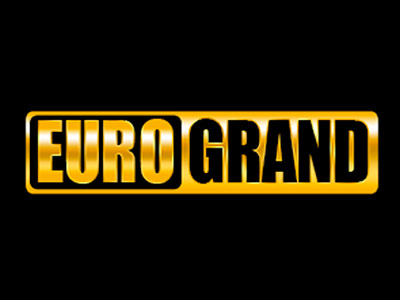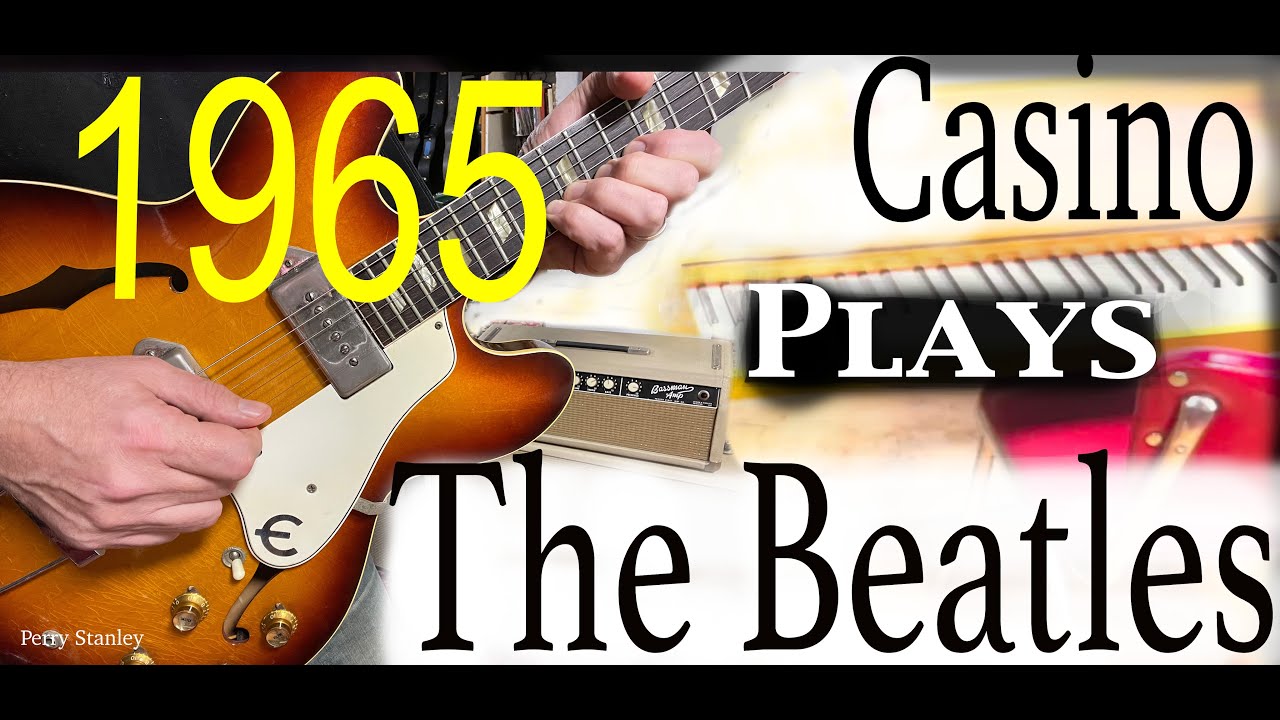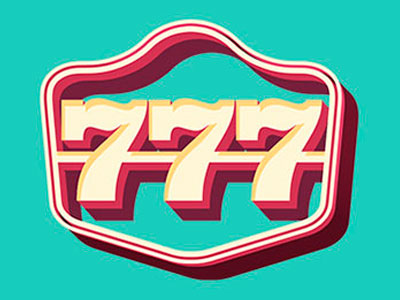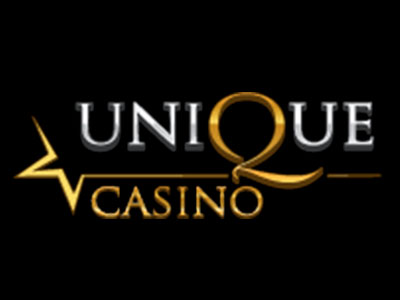
1965 Epiphone Australian Casino Plays The Beatles with Perry Stanley

1965 Epiphone Australian Casino Plays The Beatles: The Iconic Guitar with Perry Stanley
When it comes to guitars that hold shaped the sound of popular music, few instruments stand as tall as the 1965 Epiphone Australian Casino. With its distinct tone and incredible versatility, this guitar has become synonymous with the legendary music of The Beatles. And today, we dive into the captivating history of this iconic instrument, with a particular focus on a musician who has mastered its artistry, Perry Stanley.
The Epiphone Australian Casino, first introduced in 1961, was instantly embraced by guitarists around the world for its unique semi-hollow body design and tonal versatility. However, it was in 1965 that this guitar reached new heights, thanks to The Beatles’ groundbreaking use of it during the recording of their landmark album, “Rubber Soul.”
The sound of the Epiphone Australian Casino can be heard on several Beatles classics, including “Ticket to Ride,” “Drive My Car,” and “Taxman.” It was the instrument of choice for both John Lennon and George Harrison during the mid-1960s, becoming a key component of The Beatles’ distinctive sound.
Perry Stanley, an accomplished guitarist and a devout Beatles fan, has made a call for himself by masterfully recreating the magic of this iconic instrument. Stanley’s deep passion for The Beatles’ music led him on a journey to understand and replicate the sound and feel of the 1965 Epiphone Australian Casino. Through meticulous research and experimentation, he has managed to capture the essence of the Beatles’ sound, allowing audiences to relive the iconic Beatles experience.
Stanley first discovered the unique sound of the Epiphone Australian Casino when he heard the Beatles’ music as a child. Fascinated by their music and harmonies, he soon realized that the guitar played a important role in creating that magical sound. Over the years, he became determined to find the perfect guitar that would enable him to authentically recreate the Beatles’ sound, eventually settling on the 1965 Epiphone Australian Casino.
Unlike many tribute artists who mimic the Beatles’ sound, Stanley not only focuses on playing the correct notes but also on recreating the aura and energy that made the Beatles a cultural phenomenon. He believes that the instrument plays a vital role in transporting audiences back to the heyday of Beatlemania – an era that continues to captivate music lovers of all ages.
Stanley’s deep understanding of The Beatles’ music, combined with the distinct tone and versatility of the 1965 Epiphone Australian Casino, has allowed him to recreate the iconic sound of the Fab Four with remarkable accuracy. From the jangly rhythm parts of “Ticket to Ride” to the searing lead guitar solos of “Taxman,” Stanley’s playing captures the essence of The Beatles’ music, ensuring that fans can experience the magic all over again.
The influence of the 1965 Epiphone Australian Casino on popular music cannot be overstated. Its impact is still resonating today, with guitarists around the world drawn to its unique sound and style. And thanks to dedicated artists like Perry Stanley, the legacy of this iconic instrument and The Beatles’ music lives on, ensuring that fans both old and new can continue to relish in the timeless magic that it brings.
Relevant casino bonuses for “Epiphone Australian Plays”





- 45% Deposit match bonus at LV Bet Casino
- EURO 960 Daily freeroll slot tournament at Dunder Casino
- EURO 620 Free Casino Chip at Royal Ace Casino
- $470 Free chip at Red Flush Casino
- $1955 No Deposit Casino Bonus at Slotty Vegas Casino
- 160 Free spins at Royal Vegas Casino
- 60 free spins casino at Casino com
